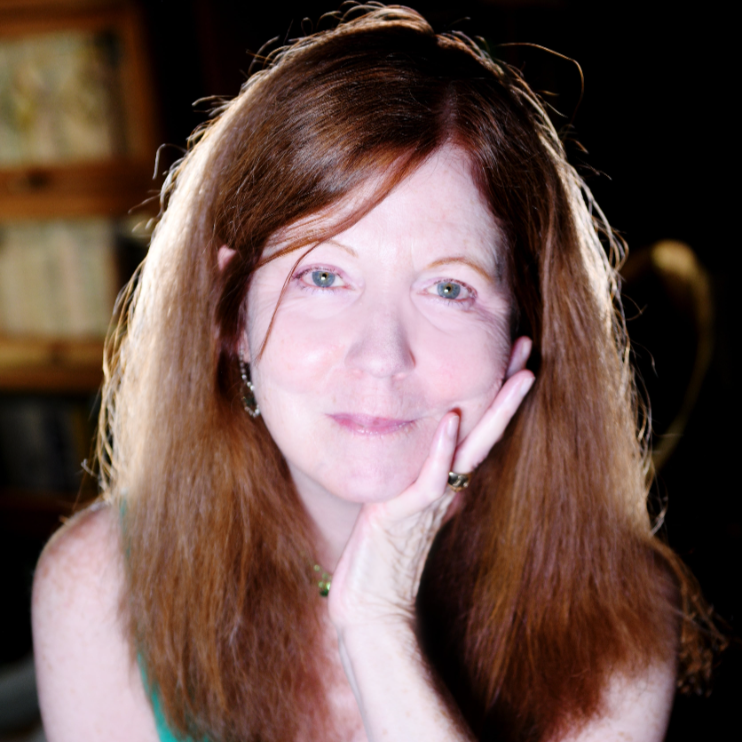Julie Kane
The great-grandchild of eight Irish immigrants, poet Julie Kane was born in Boston, Massachusetts. She grew up in Massachusetts, upstate New York, and New Jersey, graduating from Cornell University with a B.A. in English and winning first prize in the Mademoiselle Magazine College Poetry Competition, judged by Anne Sexton and James Merrill. That led her to graduate school in creative writing at Boston University, where she was one of Sexton's students at the time of her death. The next year, she became the first woman to hold the George Bennett Fellowship in Writing at Phillips Exeter Academy. Kane moved to Louisiana after marrying a native, then stayed after the marriage ended. She lived in Baton Rouge for two years, working in the federal “War on Poverty”; then in New Orleans for seventeen years, working as a technical writer and editor; then in St. Gabriel for four years, completing a doctorate in English at Louisiana State University. Her dissertation on the villanelle won the Lewis P. Simpson Award, and she also won LSU's Academy of American Poets Prize, judged by Louise Gluck. Since 1999 she has lived in Natchitoches, where she is Professor of English Emerita at Northwestern State University and winner of the Excellence in Teaching Award, Mildred Hart Bailey Faculty Research Award, and Dr. Jean D'Amato-Thomas Lifetime Achievement Award. During 2002 she was a Fulbright Scholar to Lithuania, teaching at Vilnius Pedagogical University. She won the National Poetry Series, judged by Maxine Kumin, in 2002 and the Donald Justice Poetry Prize, judged by David Mason, in 2009. From 2011-2013 she served as the Louisiana Poet Laureate. In 2018 she joined the poetry faculty of the Western Colorado University low-residency MFA program. She is the author of six books and two chapbooks of poetry, most recently Naked Ladies: New and Selected Poems (LSU Press, 2025).
Artist Statement: Themes that tend to recur in my poetry include the breakdown of modern relationships, mothers and daughters, alcoholism and recovery, and the intersection of identity and place. While I admire many kinds of poetry that are different from my own, my poems are written to be heard with the ears, not just read on a page with the brain; thus, songwriters as well as poets have been influences on my work. I enjoy the challenge of working with poetic forms ranging from the historic sonnet and villanelle to the 21st century duplex and pecha kucha.
WORK


.jpg?alt=media&token=b56864d3-4d93-45a7-969b-feabd26a60be)
